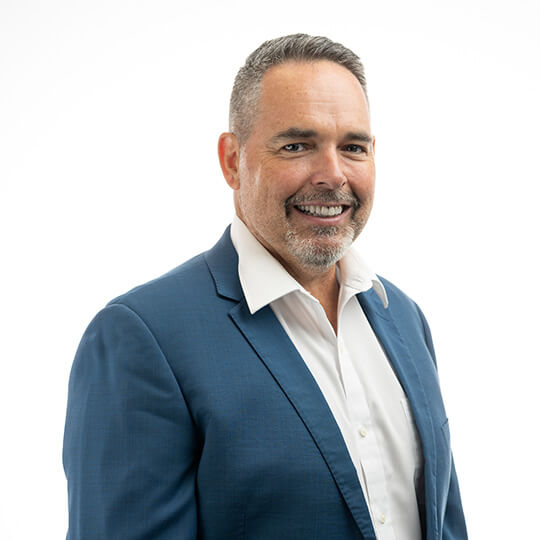Home Loans Self-Employed Less Than 2 Years
Are you self-employed less than 2 years and wanting to buy property? Home buyers who work for themselves can face hurdles with lenders, but with our guide, you’ll know everything you need to get a home loan approval.
Self-employed under 2 years – qualifying for a home loan
Most lenders require self-employed home loan applicants to have been working for themselves for at least two to three years. They have this requirement so they can see more than one tax return as part of the application process for an easier application process on their end. However, there are financial options available to you if you have been self-employed for less than two years.
There are lenders that will accept one year’s tax returns or other alternative methods of verifying your income.
If you’ve started your own business but are staying in the same industry then some lenders will consider your application even before you have adequate tax returns.
Hurdles for self-employed home loan applications
There are a number of hurdles self-employed home loan applicants can face.
We see a number of common mistakes as part of the application process. We take extra precautions as part of our service to you, and the most common ones we see include:
- Complex trust structures – lender’s staff handling the application not understanding complex trust structures and how it applies to your income.
- Double dipping – where the lender takes your income or expenses into account twice.
- Company car – not taking into account a self-employed person receives tax deductions on their company car.
As a self-employed home loan applicant, some hurdles you may face include:
- Being charged with a higher interest rate due to lenders deeming you to have “risky” unstable income.
- Needing a larger deposit on a low doc loan.
- Being hit with Lender’s Mortgage Insurance or a “risk fee” unless you have a minimum of 30-40% deposit
- Having less negotiation power due to lenders not offering specific self-employed home loan products.
With complex loan applications, it is crucial to have assistance from an experienced mortgage broker so you can receive approval the first time, when you need it!
How much can I borrow when I’m self-employed under 2 years?
A quick snapshot on how much you can typically borrow as a self-employed person:
- Borrow up to 80% of the property value if you have been self-employed for less than one year
- Borrow 80-90% of the property value with little to no income verification with a low doc loan option
- Borrow up to 95% of the property value with one or two year’s tax returns while working for yourself.
What is a low doc home loan option?
If you do not have enough income verification documents when looking to buy a house, a low doc home loan is an option. With a low doc loan, you sign a declaration confirming your income without needing to submit tax returns or financials. The lender then assesses your loan using your “declared income”.
You may be charged Lender’s Mortgage Insurance or “risk fee” when the loan is set up if it is more than 60% of the property value.
How can an “add back” help my self-employed home loan?
For self-employed borrowers, your taxable income is not the same as your actual income that you use to pay for your everyday commitments, including mortgage repayments. For self-employed home loan applicants, lenders can add back any expense you have incurred that reduces your taxable income, but was not a “real” expense or ongoing commitment. It is crucial to get the right advice on add backs, so ensure you are talking to a mortgage broker who understands self-employed home loans.
Examples of add backs include:
- Depreciation tax deductions
- Asset write-offs purchased by your business
- Superannuation excess lump sum contributions
- Net Profit Before Tax – either full or your share of the net profit if you don’t own the entire company
- One-off expenses
- Interest expenses on a business or investment loan that is being refinanced
- Rental property expenses such as depreciation, management fees, repairs, etc.
- Company car tax deduction options
- Trust distributions options
Unfortunately many lenders don’t make these “add backs” automatically, so trust an expert mortgage broker who is legally required to work in your best interest when seeking a self-employed home loan under 2 years.
Contact us today and we can help you with all your self-employed loan options to get you into the property market sooner.

Patrick Cranshaw, a Certified Mortgage Professional for over 21 years, founded North Brisbane Home Loans in 2002. His career began with ANZ Bank in New Zealand, where he progressed over 16 years to a Business Banking role in Virginia. After moving to Brisbane in 2000, Patrick led the QLD market for a home loan agency, helped set up the REMAX Real Estate Finance division, and practiced as a broker.







